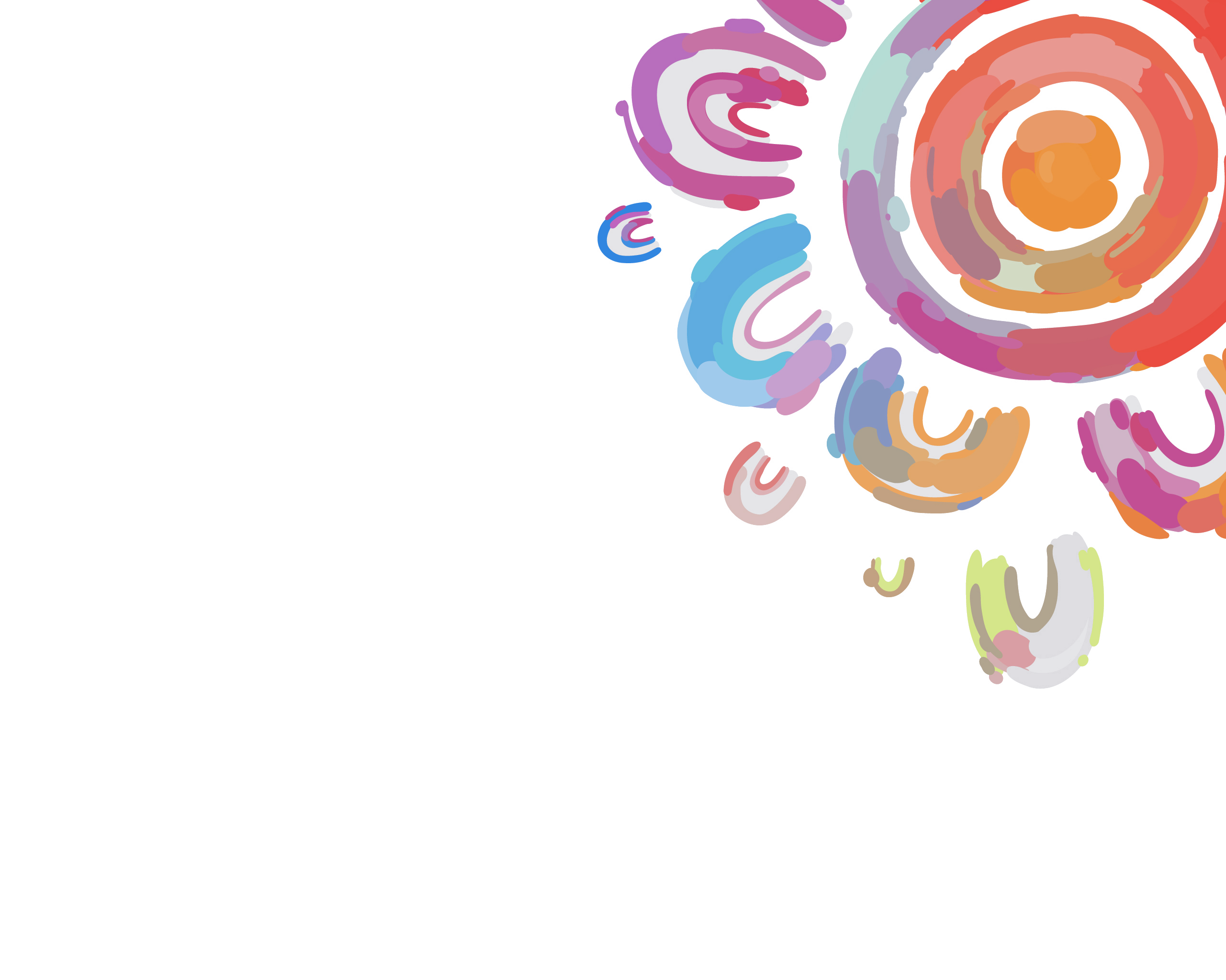On this page
About this resource
Reflect, respect, respond
Be You strongly recommends engaging with the Australian Institute for Teaching and School Leadership’s (AITSL) Indigenous Cultural Responsiveness Capability Framework and tools before you engage with this guide.
'Reflect, Respect, Respond: Protocols for culturally respectful engagement with First Nations communities' was co-designed by Be You and a panel of Aboriginal and Torres Strait Islander education experts from across Australia.
Reflect, Respect, Respond: Protocols for culturally respectful engagement with First Nations communities (4.1 MB, PDF)
The resource explores practical information for educators and reflections about:
- connecting with First Nations communities
- developing family partnerships
- including culturally responsive curriculum
- discussing culturally sensitive topics in your early learning service or school
- writing policies for inclusive learning communities.
It also provides case studies, reflective questions and suggested actions to support educators in creating welcoming, culturally responsive learning communities.
Please note, this guide doesn't speak on behalf of all Aboriginal and Torres Strait Islander peoples, families or communities. Be You strongly encourages educators and leaders to use this guide as a starting point and follow advice from local First Nations peoples, communities and education consultative bodies.
Your early learning service or school may be in an area with large Aboriginal or Torres Strait Islander communities and many First Nations staff members, children or young people. You may be in a learning environment with few – or no – First Nations-identifying students or staff members. There may also be educators, children or young people who choose not to identify as Aboriginal or Torres Strait Islander, or may not have a strong connection to culture, for different reasons.
Wherever you are, whatever your setting – this guide is for all educators across Australia to create safe, welcoming and culturally responsive learning communities.
Be You hopes you reflect on the information in these pages and consider how you can engage with it in your setting. When you engage in cultural responsiveness and inclusivity with purpose, this will benefit everyone in your learning community.
Acknowledgements
Be You acknowledges and thanks the panel of First Nations education experts who wrote, reviewed and contributed to this resource: Mystique Dia, Esma Livermore, Nina Ross, Jessica Staines, Nathaniel Tamwoy, Juanita Wilson and Duane Vickery.
Be You also thanks Bronwyn Cochrane and Vanessa Edwige for your content and clinical reviews.
About the artwork
"The artwork within this guide represents people coming together around a yarning circle. The yarning circles symbolise these spaces we come together to understand better ways to help our community, how to work alongside respectfully and ways we can build the skills individually to benefit the spaces we walk within."
- Kevin Wilson, Wongutha artist and designer
